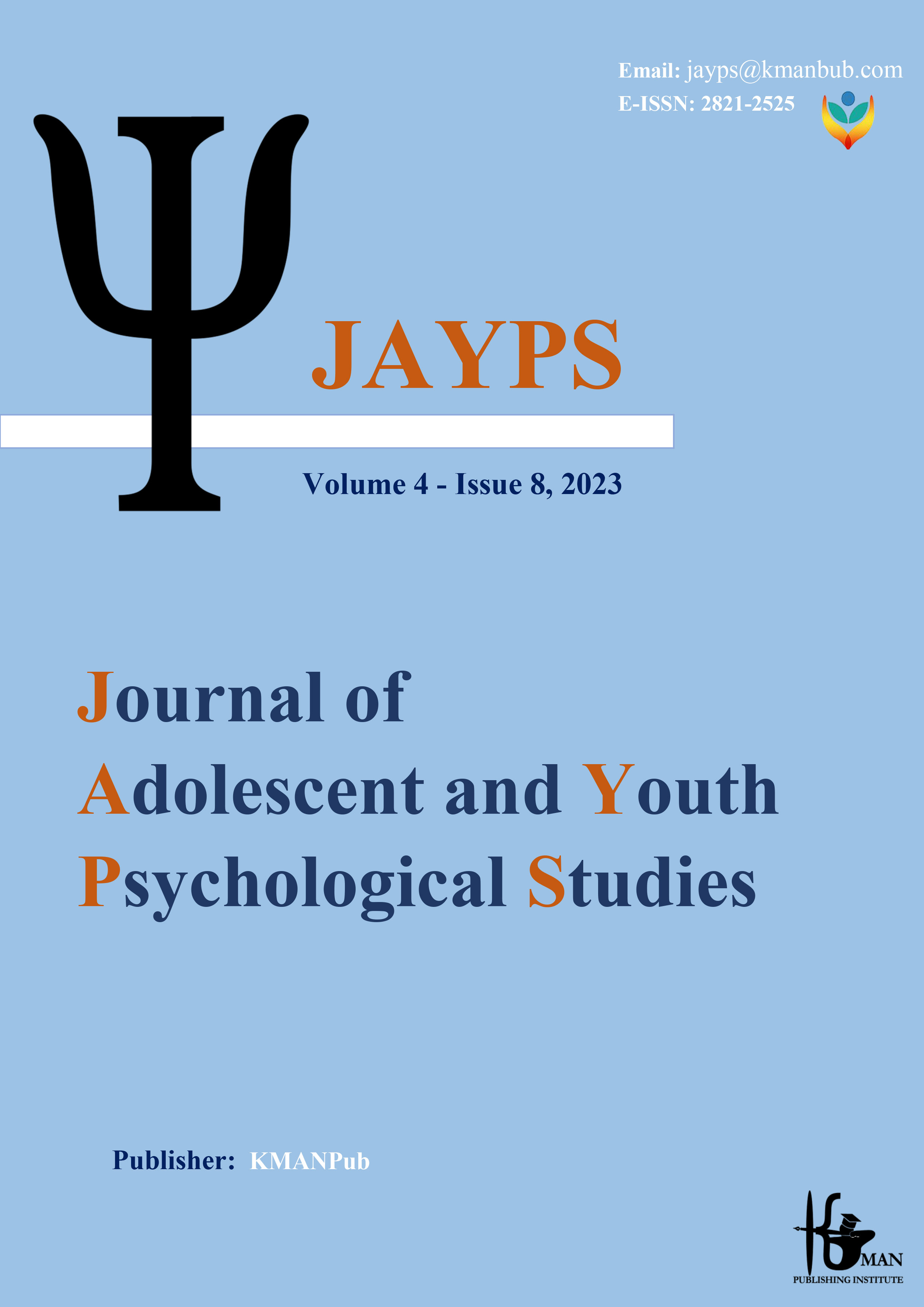Identifying the antecedents and consequences of critical thinking with cognitive education method in students
Keywords:
Critical thinking, critical thinking in education, results of critical thinking.Abstract
Background and Aim: Among the goals of contemporary education of students is openness to diversity, challenging their own beliefs and values, and learning from diversity so that citizens can be active and responsible and willing to accept challenges and have more comprehensive and complex views of the world and social relations. Have. This research was conducted with the aim of investigating the antecedents and factors influencing critical thinking and the consequences of students' critical thinking. Methods: The exploratory qualitative research method is a content analysis type with an interview tool. The statistical population of the research was based on valid articles of critical thinking literature and conducting interviews with 21 expert professors, experts, managers and teachers who are proficient in cognitive education and critical thinking until reaching theoretical saturation, and the method of data analysis was qualitative. And it was done by coding concepts, sub-category and main category in MAXQDA2020 software. Results: Antecedents affecting critical thinking include: cognitive education, cognitive conflict, questioning and problem solving, problembased learning, and project-based learning. The consequences of critical thinking include: modifying measures for sustainable education, empowering students, cognitive learning and rational judgment. Conclusion: The results showed that cognitive training, cognitive conflict, questioning and problem solving, problem-based learning, and project-based learning are effective on critical thinking and cause the consequences of reforming measures for sustainable education, empowering students, cognitive learning, and rational judgment.
Downloads
Downloads
Published
Submitted
Revised
Accepted
Issue
Section
License

This work is licensed under a Creative Commons Attribution-NonCommercial 4.0 International License.









